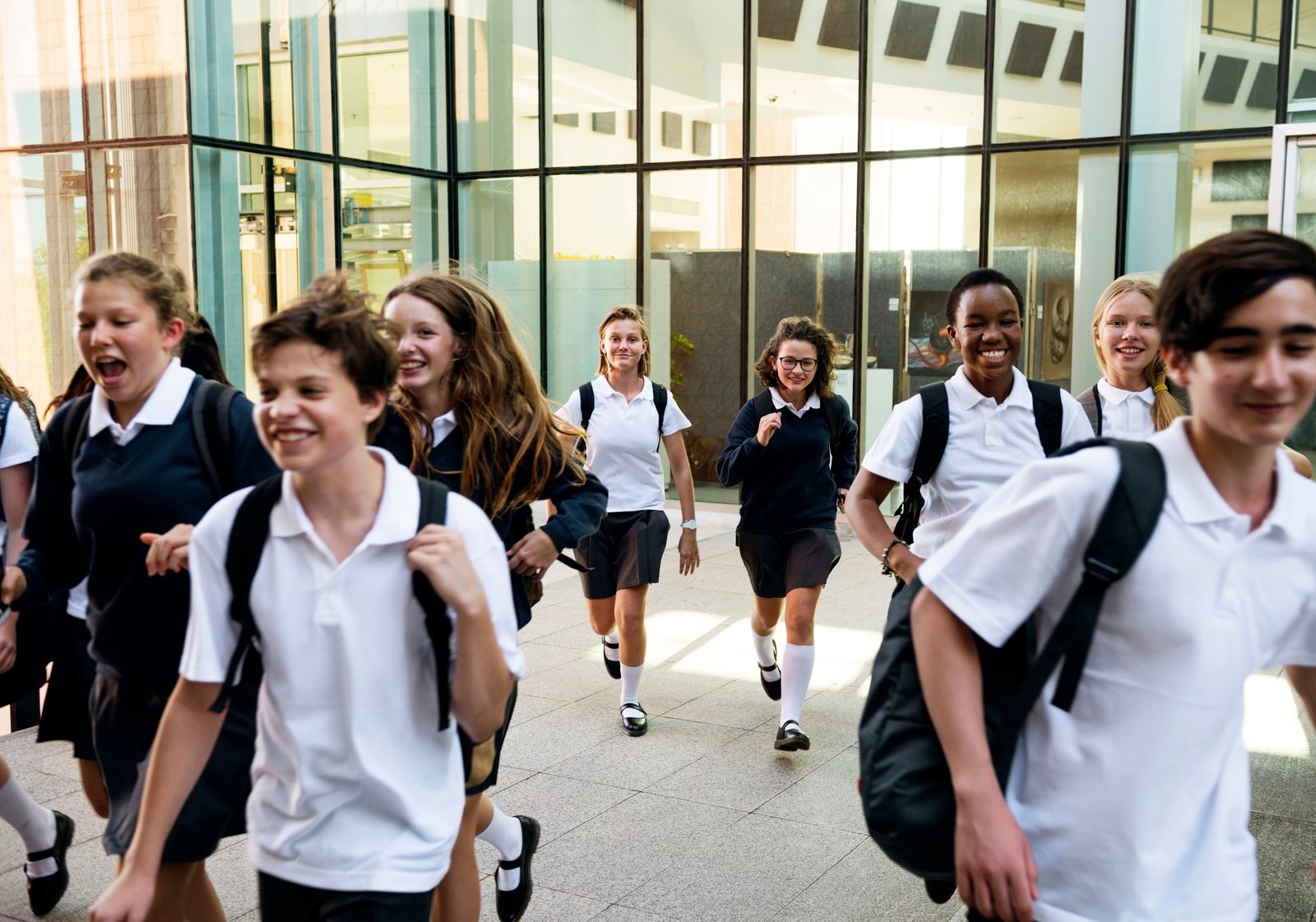Paul Lindley OBE writes about the launch of the Raising The Nation Play Commission

We launch our Commission in the middle of an election campaign and with huge political decisions ahead, first for voters and then for a new Parliament. As those decisions are made, the future of our children must be at the centre of the debate.
Politicians should ask how our children can thrive: how they can feel significant, be confident, have life affirming childhoods and become the people that they each have the potential to be.
Because thriving childhoods reflect thriving societies, and as play is central to thriving childhoods, it should be central to political decision-making. The way children explore, experiment and build an understanding of the world really matters.
Yet in the last decade or more the opportunities and spaces for children to play have been decimated. Over 800 playgrounds have closed, along with more than half of all youth centres and nearly every Sure Start Centre. School playing fields have been sold off and, through policies encouraging the use of private cars, streets feel less safe for children to play. Secondary schools have also reduced break time by over an hour each week, whilst opportunities to train teachers to use the tool of play in lessons, as the Danish government has done, have been missed.
All the while, the exponential growth in children’s access to smartphones, online gaming and social media accounts has taken time away from free play. This all has serious consequences for our children’s current wellbeing and future potential, and their physical and mental health has rapidly declined. For example, 40% of children now live with an unhealthy weight and more than 25% are obese, whilst over 1 in 6 has a probable mental health issue. The consequences for poorer children, who may live in overcrowded homes, without access to gardens, or without the money to travel to the remaining places that welcome play, are particularly scandalous.
Yet this own goal in policy decision making, and the unforgivable absence of vision for optimising opportunities to play, isn’t being talked about. That is why, we have created the Raising the Nation Play Commission: to stimulate a conversation, gather evidence, demand barriers to play are broken down and to offer a framework for government to create an environment, facilities, time and a culture for children to do their work – and play.
Over the next 12 months our Commission will invite experts to share ideas and offer evidence. Our work will include listening to children and families and highlighting small scale projects, visiting international pioneering programmes and making the case for why children’s play is critical to our country’s success. When we report, we will propose a framework to deliver a National Play Strategy. We will also investigate whether an effective and enforceable right to play exists in law in England & Wales and explore a right for families to sue developers who build housing without adequate spaces for children’s play. The voice of parents will be crucial, and we will call on them to come forward with their own experiences of barriers to play.
The Commission consists of a group of independent commissioners working with the think tank and delivery unit founded by former Children’s Commissioner for England, Anne Longfield CBE, The Centre for Young Lives, all under my chairship. We will deliver our findings, and a plan for the Government to consider, on 11 June 2025 – the second International Day of Play. As we begin our journey we invite your contributions, ideas, energy and support!
Keep smiling!

Paul Lindley OBE










.png)





